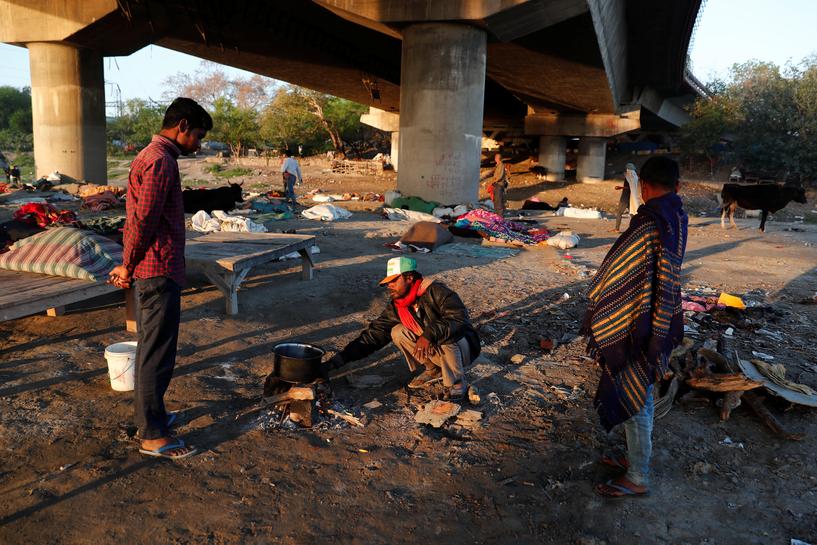
Yayasan Hasanah, ministry launch Hasanah Special Grant 2020
YAYASAN Hasanah and the Ministry of Finance (MoF) today launched the Hasanah Special Grant 2020 (HSG2020)
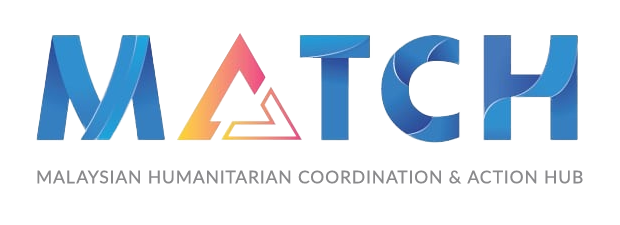
Collaborative efforts with numerous partner organisations throughout the year were largely pandemic-related. Reaching out to those adversely affected with various forms of aid, and in a timely manner formed the crux of our Hasanah's operations.
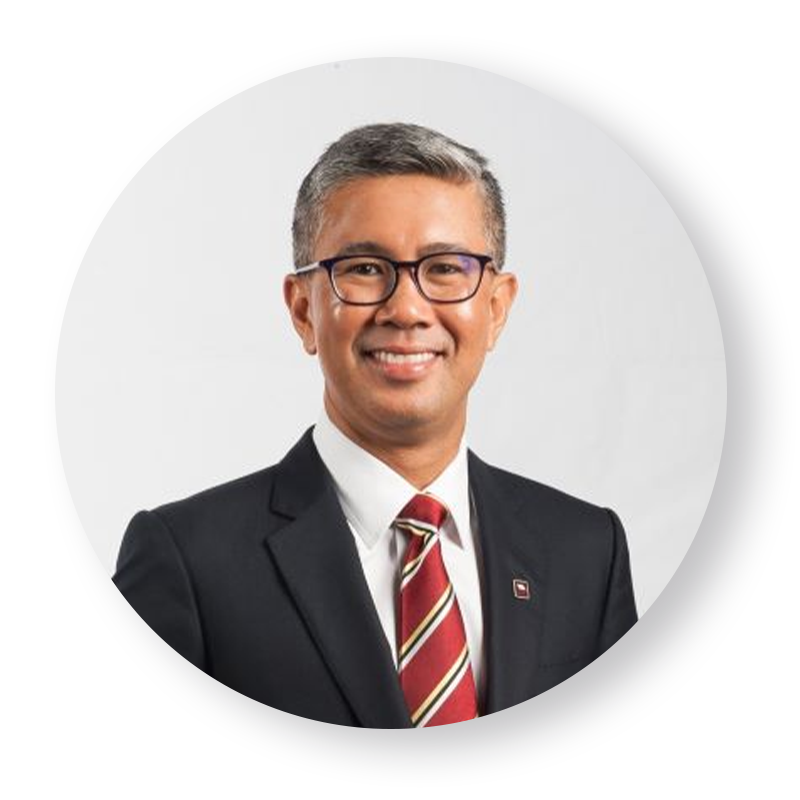
Minister of Finance Malaysia

Chairman of Khazanah Research Institute
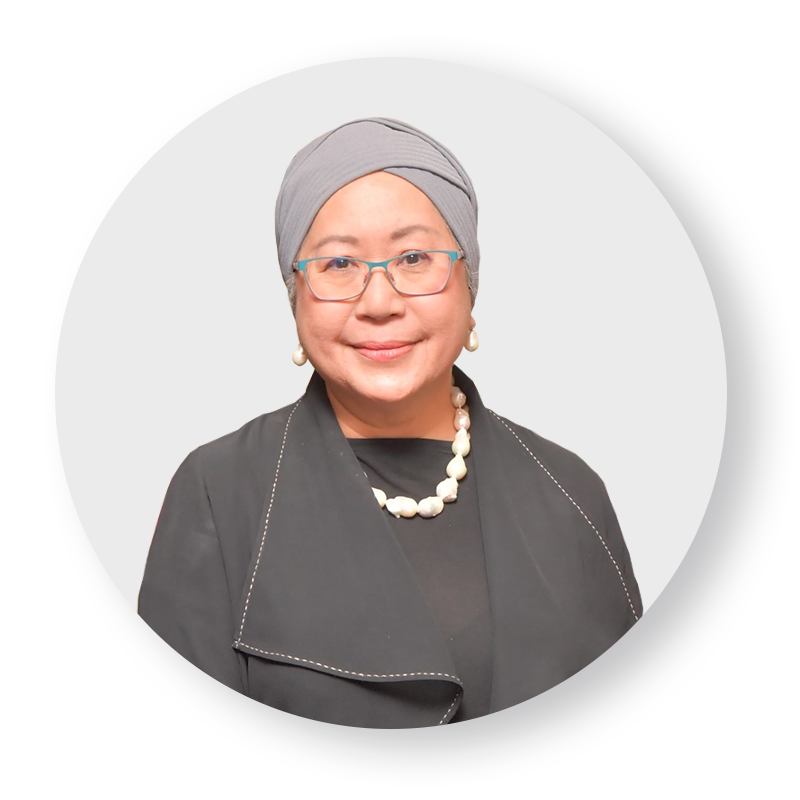
Special Advisor to Prime Minister of Malaysia on Public Health & MATCH
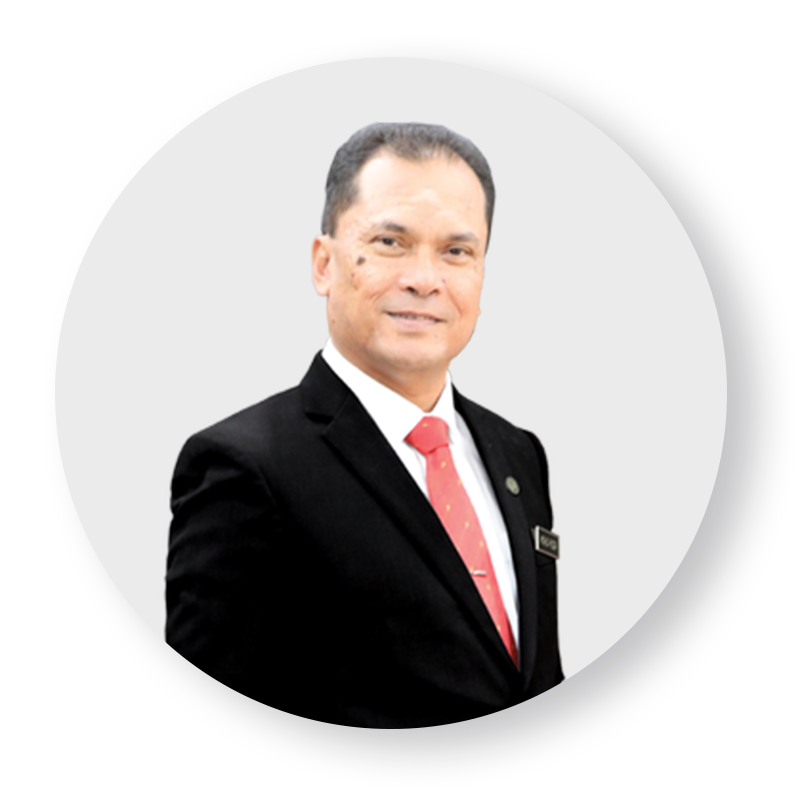
Director General of Forestry Department Peninsular Malaysia

President of Women of Will

Director of Perak State Parks Corporation
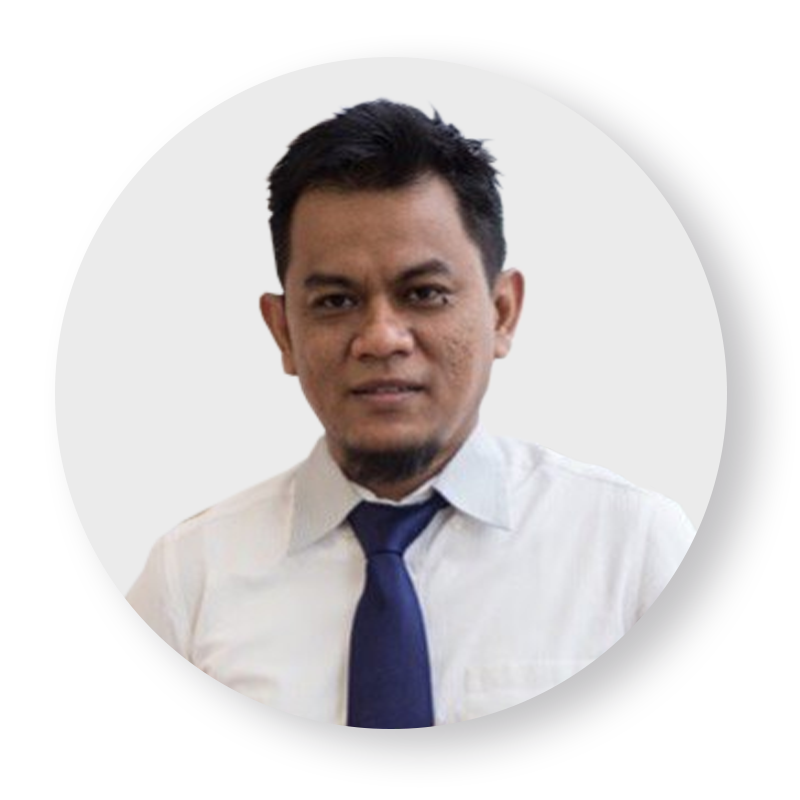
Senior Officer of Programme Management at Yayasan Amir

CIMB Group Chief Sustainability Officer
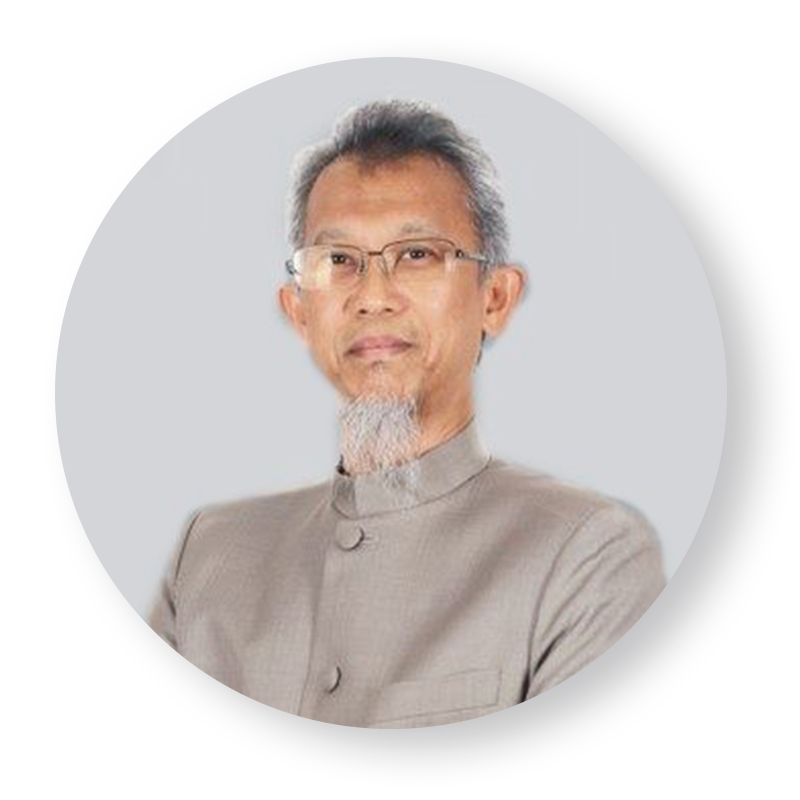
President of IMAM Response and Relief Team

Corporate Responsibility & External Stakeholders Management Head of Telekom Malaysia Berhad
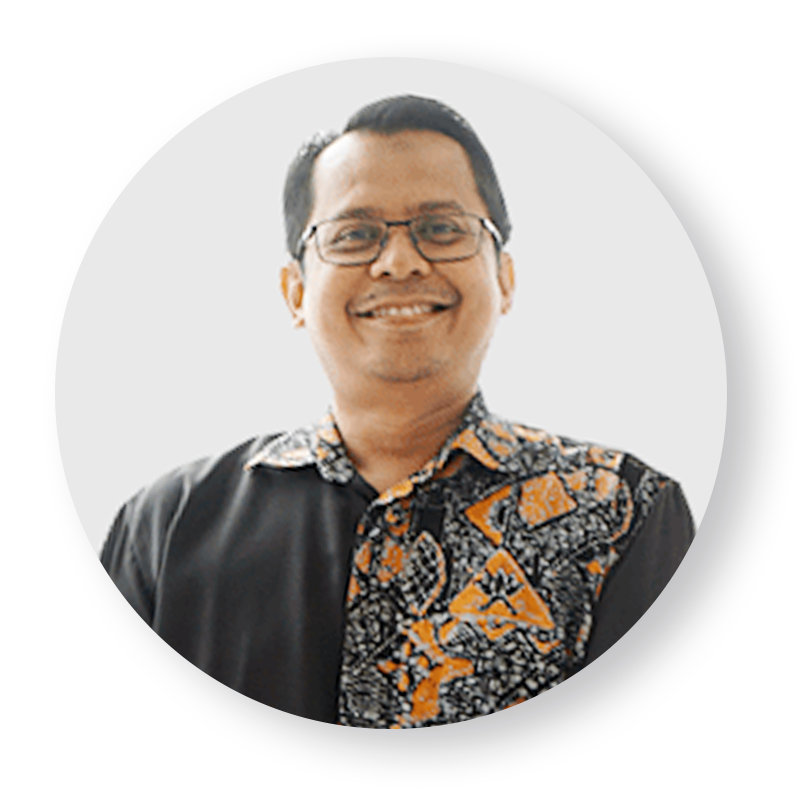
Managing Director of LeapEd Services Sdn Bhd

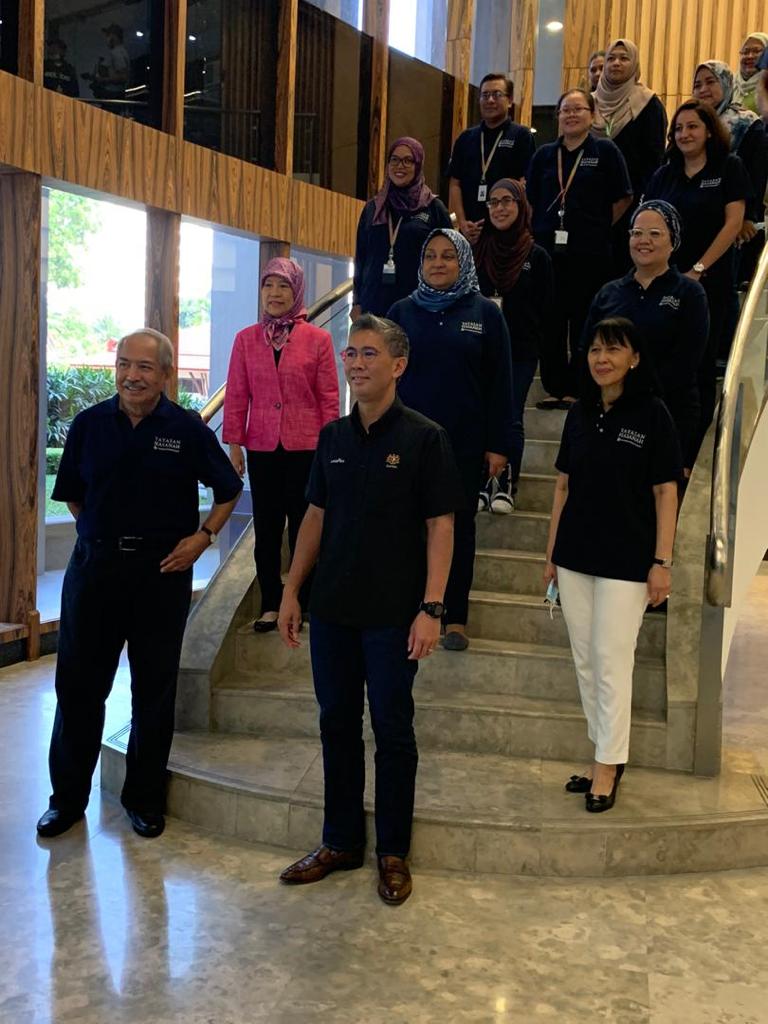
It is no secret that 2020 has been an immensely challenging time for civil society organisations (CSO). Considering this, the PRIHATIN Rakyat Economic Stimulus Package was rolled out on March 27 in response to the issues caused by the COVID-19 pandemic.
In furtherance of its intent to improve the quality of life of the country’s poor and B40 families and build resiliency, the Hasanah Special Grant (HSG) 2020 came to be. Under HSG, the Ministry of Finance (MoF) allocated RM25 million in matching grants to support social programs implemented by Hasanah. It was clear that in order to extend assistance to the target groups, enabling rapid mobilisation of resources to CSOs, non-governmental organisations, and social enterprises was a prerequisite.
Jo, Jessica and their son Albert who gained from Tanoti’s fabric face mask sewing project, represent but one family from the vast number of HSG beneficiaries. Between the three of them, a side income of more than RM4,000 was generated within one short month, enabling the construction of their rumah kebun to commence.
Another example is Masala Wheels’ capacity building programme targeted at F&B micro-entrepreneurs in Klang Valley, particularly those living in PPR Batu Muda, PPR Desa Mentari and PPR Laksamana, Kuala Lumpur. Meanwhile, Yayasan Generasi Gemilang focused on improving the nutrition and health of pregnant mothers and 170 children below six years through nutrition education, support group and nutritious supplementary food supply. Up north, the Eden Handicap Service Centre offered training and work therapy to people with disabilities in a bid to encourage self-sufficiency.
Video by Tanoti on proper mask-wearing and its importance
beneficiaries
masks distributed to students and refugees.
Education
Animal Welfare
Food Aid
Health & Wellbeing
Economic Livelihood
Hasanah Special Grant 2020 in the News

YAYASAN Hasanah and the Ministry of Finance (MoF) today launched the Hasanah Special Grant 2020 (HSG2020)
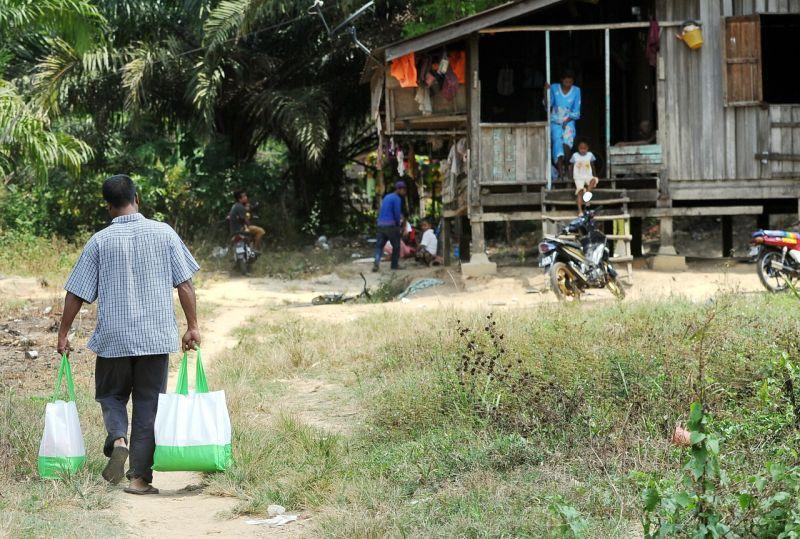
KUALA LUMPUR, June 9 — A total of 19 projects under the Hasanah Special Grant
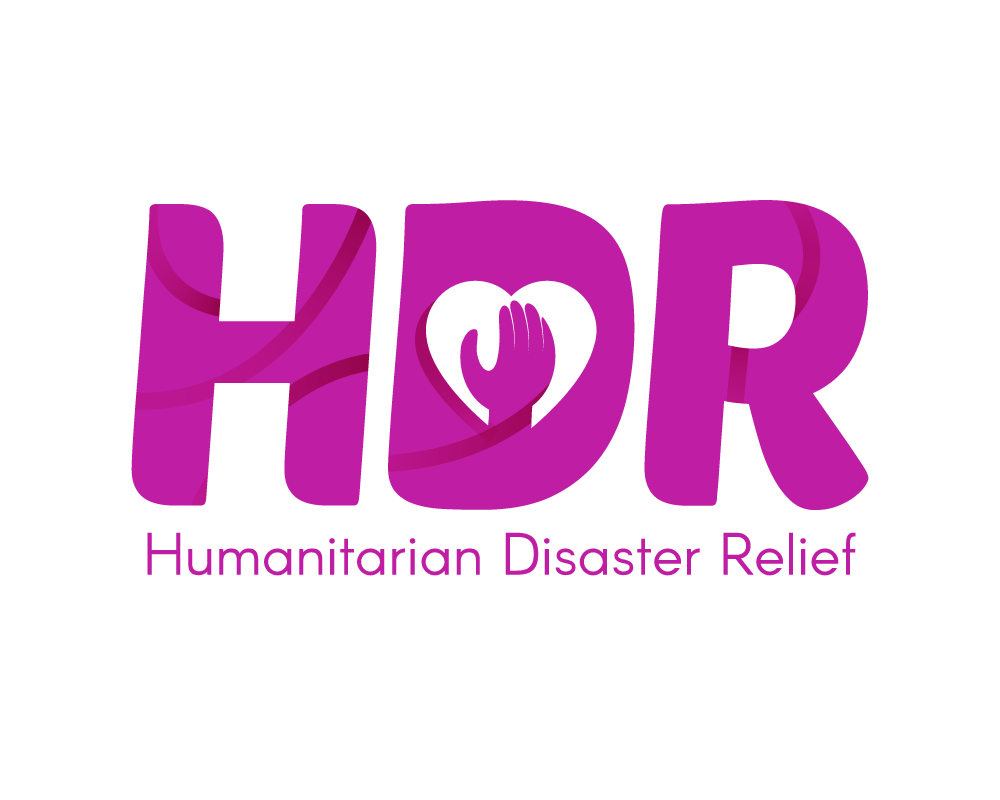

Teaming up with Khazanah to assist communities devastated by natural and man-made disasters — the most widespread in 2020 being the worldwide pandemic — fund allocation for humanitarian and disaster relief (HDR) increased tenfold this year.
The list of 105 successful applicants receiving part of the RM5.68 million included Malaysian Relief Agency, numerous school Parent-Teacher Associations, Persatuan Kebajikan Rakyat Satu Perlis, Yayasan Kajian Dan Pembangunan Masyarakat, Persatuan kebajikan TTS Familia Pulau Pinang, Hospital Sg. Buloh, Pertubuhan Kebajikan Islam Malaysia and Pertubuhan Sahabat Alam Sekitar Kluang, just to name a few.
The significantly higher amount predominantly went to alleviating struggles faced by the medical and non-medical community and was rendered in the form of food, personal protective and medical equipment as well as maternal and child health care, amongst others. Keeping with the initiative’s focus on rapid fund mobilisation in times of dire need, some were distributed as swiftly as 72 hours from request for funding.
families
individuals
When the third wave of infections hit Sabah in October, 16 NGO partners on the ground were first consulted to understand the intricacies of the situation before we rendered any assistance. One of the funding recipients was the Malaysian Red Crescent Society, which provided 6,000 families with food aid and infant formula.
In terms of non-pandemic related efforts, RM41,800 helped Pertubuhan Gabungan Bantuan Bencana NGO Malaysia gave out food, diapers, infant formula and hygiene kits to 300 families in areas of Kelantan and Terengganu hit by monsoon-driven floods. Meanwhile in Sarawak, RM25,000 aided Tanoti in purchasing building materials and construction equipment in order to rebuild longhouses that were ravaged by a fire.
Beyond Malaysian shores and in collaboration with The National Center for Community Rehabilitation, RM65,625 was deployed to support disabled children living in the Gaza Strip.

In the wake of the Covid-19 outbreak, GDRN — also known as Government-Linked Companies (GLC) and Government-Linked Investment Companies (GLIC) Disaster Response Network — promptly rallied together its partners to render urgent assistance to the Ministry of Health (MOH). Its core purpose is to coordinate and streamline aid from various GLC and GLIC in the form of medical supplies, personal protective equipment and ventilators.
Helmed by a joint secretariat between Telekom Malaysia Berhad and Hasanah this time around, the plan to provide optimum logistical support to health organisations sorely in need swiftly came to fruition via GDRN Bantu, an application developed by SAP in just one week and implemented by EY Malaysia. Besides identifying appropriate beneficiaries for the large sums of pledges, this cloud-based solution scored highly in terms of credibility, transparency, and governance as it also tracked the dispatch and receipt of supplies.
This integrated platform, driven by a collaborative spirit to surpass the speed and scale of the pandemic, received the Special Award for Resiliency by the IDC Digital Transformation Awards-Malaysia.
Coordinated over RM95.4 million pledged by 29 companies in aid across GLICs, GLCs and private companies
ventilators
hospitals
PPE sets
GDRN in the News
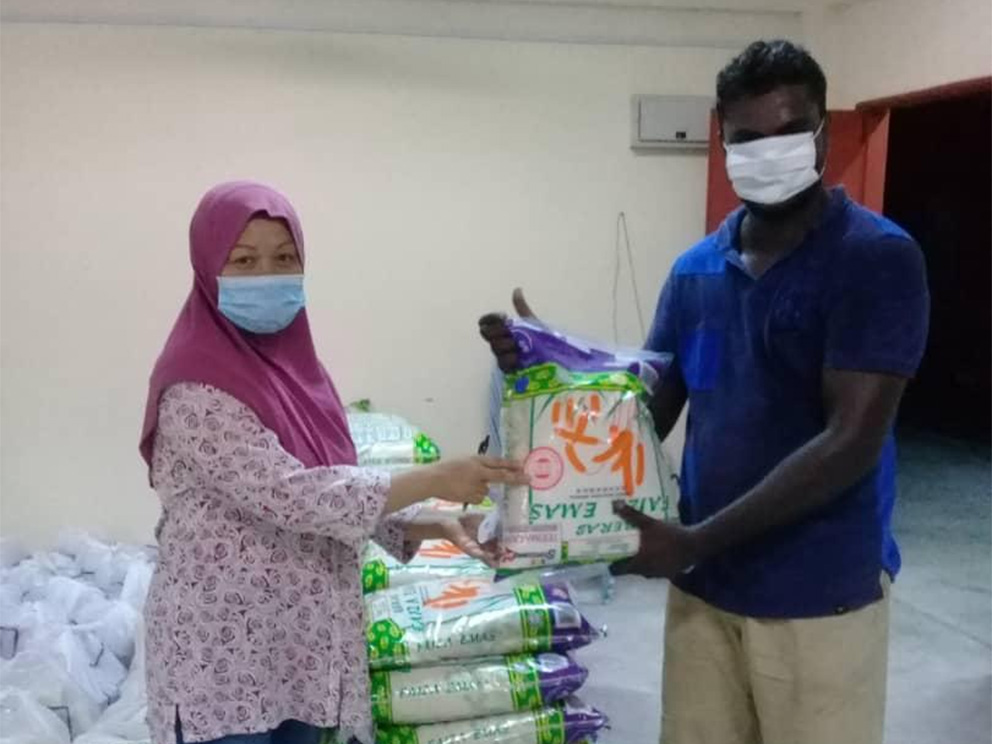
KUALA LUMPUR (Bernama): The Government-Linked Companies (GLCs) and Government-Linked Investment Companies’ (GLICs) Disaster Response Network, together with various partners, is working and coordinating these companies’


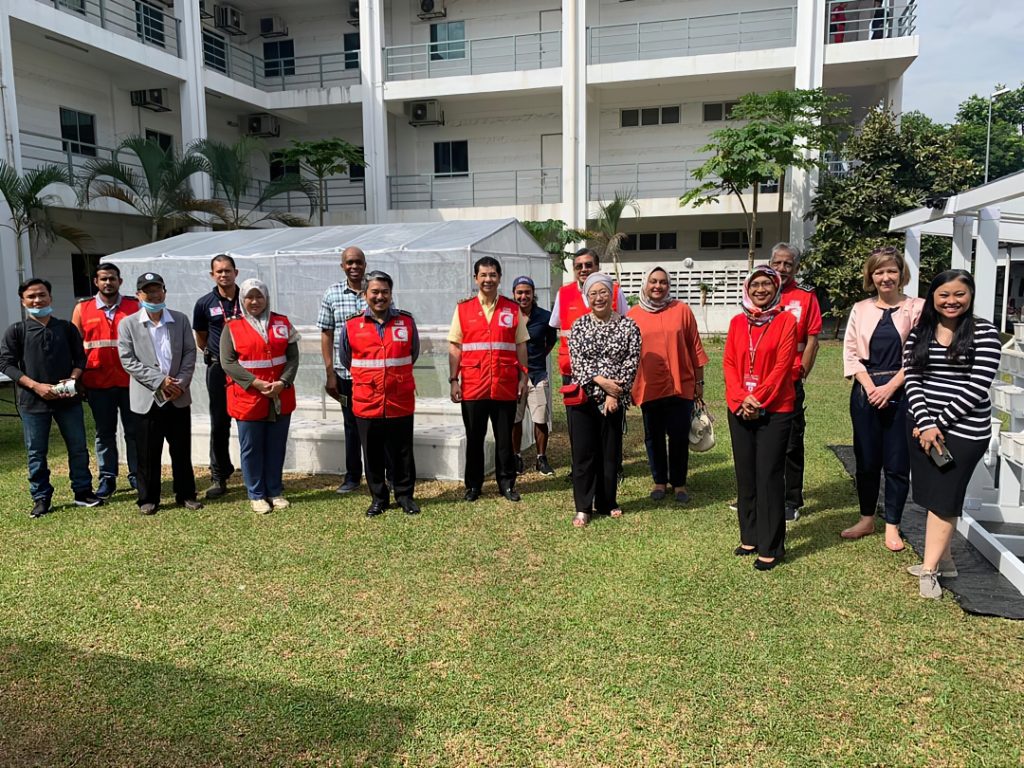
Malaysian Humanitarian Coordination & Action Hub (MATCH) is the first national-level coordination hub of its kind aimed at efficiently channelling humanitarian aid anywhere in Malaysia in times of crisis. This encompasses financial and in-kind aid across five key categories: health and wellbeing, food security and basic needs, livelihood, community resilience and education, and community engagement and advocacy.
Co-chairing this initiative with Hasanah is the Malaysian Red Crescent Society (MRCS) while founding members include Tan Sri Dr Jemilah Mahmood (Special Advisor), Boston Consulting Group, MERCY Malaysia, National Security Council and Jabatan Kebajikan Masyarakat.
Later, when the third wave saw cases in Sabah on the rise, MATCH worked closely with the Crisis Preparedness and Response Centre of the Ministry of Health, sharing verified and validated daily information on medical needs with stakeholders and donors via GDRN. Accordingly, IMAM Response and Relief Team (IMARET) received RM150,000 in funding from Hasanah for 1,000 rapid test kits antigen and to mobilise medical volunteers. Also, RM6 million pledged by six telco companies via GDRN was successfully channelled to key NGOs as medical and food aid, as well as livelihood and community resilience programmes.
An important component of MATCH is KitaMATCH, a secure, real-time, digital coordination platform that functions as a central repository, gathering civil society organisations, NGOs, the private sector and government agencies in responding to crises.
Besides reducing duplication of efforts, it identifies underserved communities that may otherwise fall through the cracks. Using advanced data analytics, supply (donations) and demand are transparently matched to ensure relevant help goes to those who need it most, as quickly as it can.
Copyright © 2021 Yayasan Hasanah
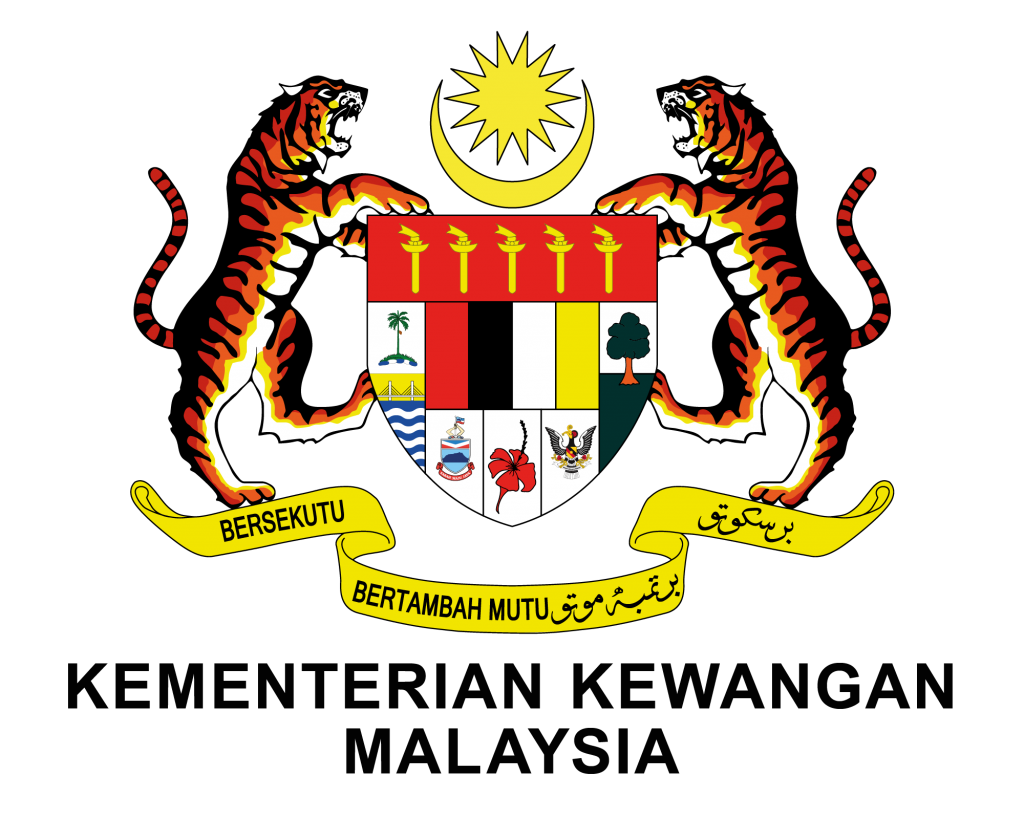
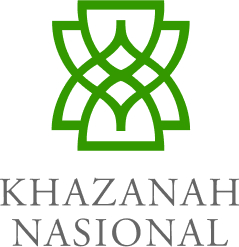
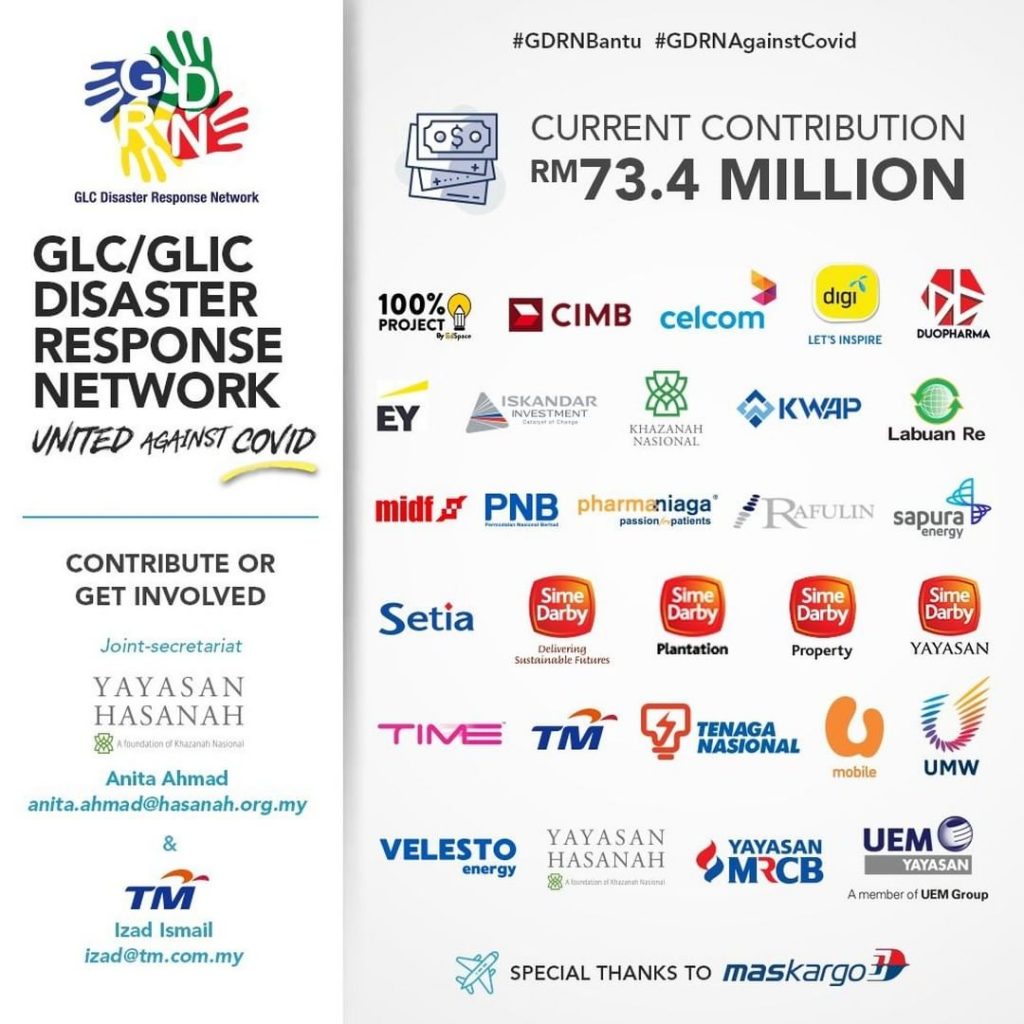
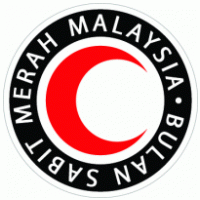

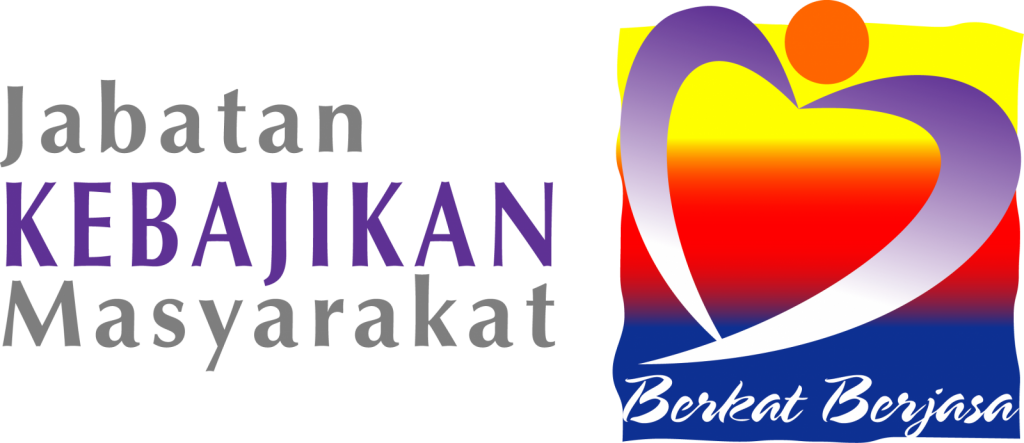
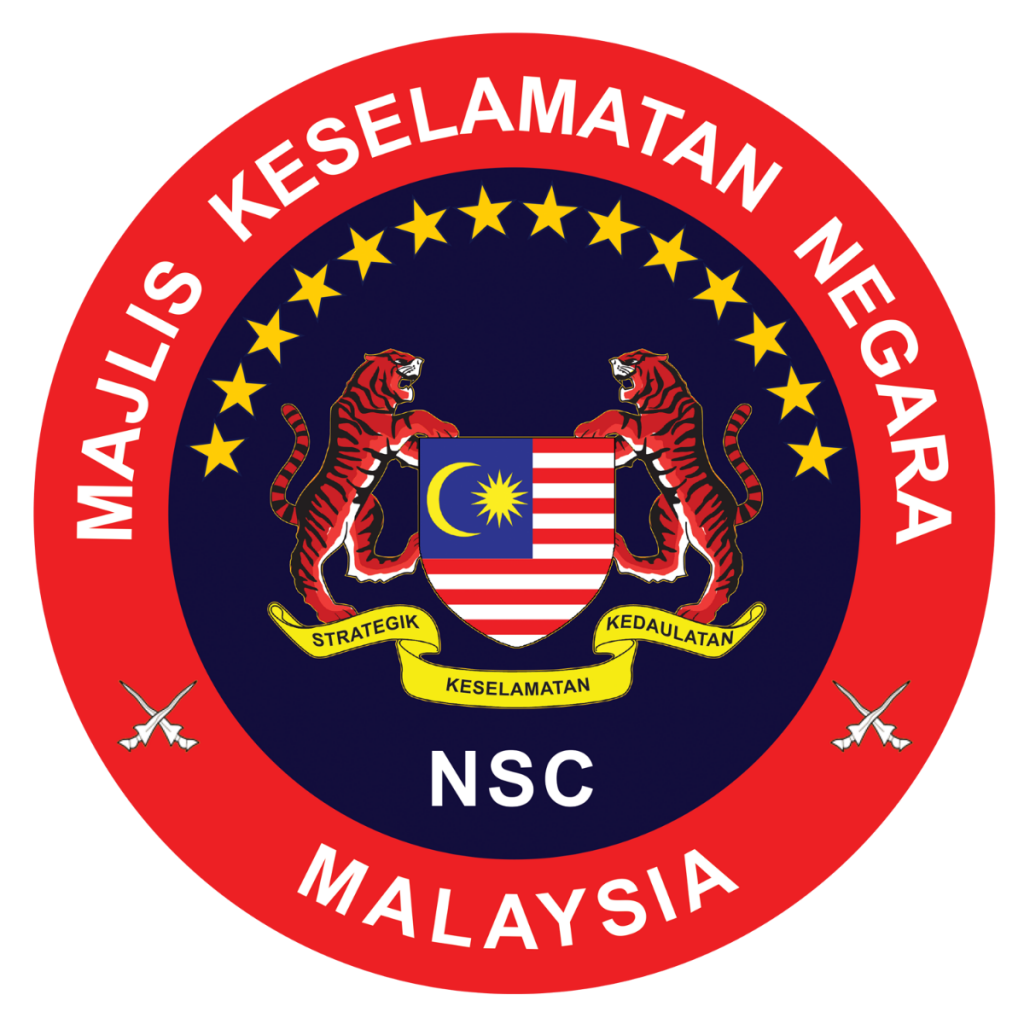

In the face of the pandemic, Hasanah was proactive and responsive in helping those in need. It demonstrated leadership in coordinating the Government-Linked Companies and Government-Linked Investment Companies Disaster Response Network (GDRN) helping frontliners in the battle against COVID-19, assisting to lead the CERDIK initiative to provide poor children with laptops, and collaborating with the Ministry of Finance for the Hasanah Special Grant. I truly applaud the organisation’s commitment in addressing social issues, safeguarding Malaysia’s environment and championing our heritage.


It has been a real pleasure to work with Yayasan Hasanah. They are serious about their work, strategic, innovative, communicate clearly, and open to collaborations and ideas. A highly professional foundation that is dedicated to serving their purpose. On a personal level, 2020 has been a time to reconnect with people that I've known for a long time and trust, who are equally passionate about serving the needs of others. Everyone has worked hard, as we have supported, learned and built on each other's strengths.

Our days will continue to look different for a while, so it’s important to establish a “new normal” during this pandemic. Motivated by this question of “how best to cope” particularly in the context of strengthening the department’s workforce towards realising sustainable management of tropical forest in Peninsular Malaysia, we are fortunate to have Yayasan Hasanah as our strategic partner—and especially so considering the unprecedented shift we have experienced as a country in the past year.

As with other NGOs, 2020 was a critical year for reaching out to our women beneficiaries and their communities with urgency, efficiency and a strong understanding of needs. We are deeply grateful to have solid allies who have made achieving that possible, particularly, our partnership with Yayasan Hasanah, which promotes both empathy and impact. “Kitajagakita” has been the core for us all and we are especially proud of the community leaders who have taken on essential roles and emulated this throughout.


The effects of the Movement Control Order in 2020 on society differs from individual to individual. Though the tough environment has had great physical and mental impacts, it has also encouraged innovation in driving sustainable transformation and practices. Our approach, for instance, was enhanced from the originally designed centralised training to a more local, bespoke and co-constructed one, in line with the gradual release of the DTP Aman programme in partnership with Hasanah.

In the spirit of #kitajagakita, we are pleased to have collaborated with Yayasan Hasanah in the realm of local visual and performing arts and culture through its ArtsFAS and our CIMB Artober. In this challenging time when local artists and galleries are heavily affected, it is important to remember their significant role in nation-building and preservation of culture. This is very much in line with our sustainability focus which, amongst others, protects and supports cultural heritage and societal needs.

As we know, the COVID-19 pandemic has altered the world’s landscape to something we have never witnessed before. The year 2020 has undoubtedly been tough on everyone; however, it was also a year where we saw everyone come together to lift each other through the ordeal. As a result, IMAM Response and Relief Team (IMARET) commenced our #IMARETCovid19 response efforts in early March 2020 that continues up until today, focusing on distributing vital general and medical supplies.

2020 was unprecedented in more ways than one. It also saw Malaysians unite to combat the pandemic. Corporate Malaysia banded together and with Government-Linked Companies and Government-Linked Investment Companies Disaster Response Network (GDRN) as their focal point, pooling resources to help the healthcare system by providing much-needed ventilators, Personal Protective Equipments and food aid to the frontliners. While I am proud to be working hand-in-hand with Yayasan Hasanah in chairing GDRN, let us all pray that this pandemic will soon be over for not only a better Malaysia, but a healthier world to live in.

In the midst of the global pandemic, our flagship Trust School Programme celebrated its 10th anniversary. With paramount support from the Ministry of Education and our partners that include Yayasan Hasanah, our commitment does not stop transforming education at the school level; we also empower JPN and PPD officers through District Transformation Programme-AMAN in Kedah.

For 32 years, Kiwanis Down Syndrome Foundation National Centre (KDSF-NC) has provided its Early Intervention Programme for children with Down syndrome, from the age of two months to six years. It involves therapy, exercises and activities designed to address developmental delays. Students pay a heavily subsidised, minimal-fee and further deductions are available for those from low-income families.
When COVID-19 hit, the centre had to close and its 34 students could no longer benefit from the sessions. Teachers and therapists had to upskill almost as quickly as decisions were being made. Hence, the KDSF Re-adapted Early Intervention Programme was born.
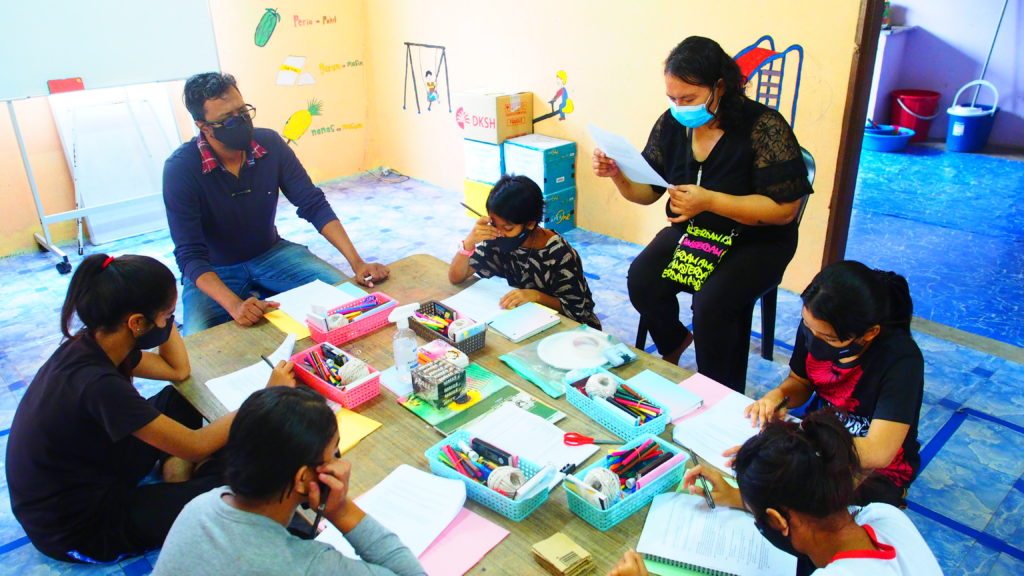
Concerning funding, public donations dwindled tremendously and all fundraising events came to a halt as most—such as the Annual Charity Funfair—involved large crowd attendance. Seeing that it depended solely on public donations to sustain operations and programmes, Heng says that HSG helped maintain the full teaching team, upgrade internet infrastructure and technology equipment.
“As a non-profit, we have always been prudent in our spending and preferred traditional teaching materials over investing in technology,”
KDSF–NC Executive Director Angie Heng explains, citing realising the importance of the latter as one of the organisations key learnings for 2020. Luckily, some of the teachers utilised their personal laptops, reducing the cost of procuring more devices.
Some other challenges were parents struggling to guide children through classes, giving up easily or lacking computer savviness. Teaching tools had to be improvised to suit what parents could find at home and therapists shouldered an additional role of guiding parents during activities.
“Some parents are receptive to this new way of education but do not have enough gadgets to utilise among their school-going children. It would usually be our students that have to give way to (for example) their older siblings who attend typical schools or require it for exams,” Heng observes.
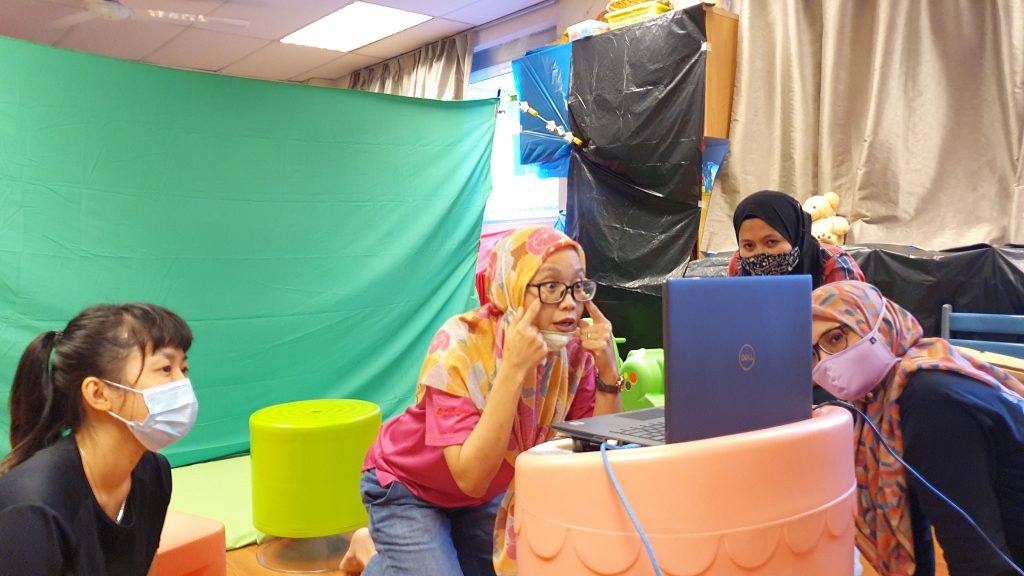
Besides insufficient gadgets and poor internet connection, having parents watch over their shoulders throughout lessons and being unable to access teaching resources at the centre during restricted movement orders were but some of the hurdles. This experience brought to light the need to pay attention to the mental health of the facilitators.
On the bright side, having to convert to e-learning revealed the possibility of reaching students outside urban areas, rendering it a year of learning and re-learning for the organisation and its students alike.
With assistance from HSG, we were able to waive fees for students whose parents had taken pay cuts or were out of jobs—students who otherwise would not be able to continue their education (with us)

When pandemic-driven movement restrictions orders were enforced, the Bornean Sun Bear Conservation Centre (BSBCC) was faced with a predicament. Its main source of income—ticketing sales—was lost.
Dr Wong Siew Te, the founder and Chief Executive Officer, explains that said revenue would normally go to cover husbandry cost for 43 rescued ex-captive sun bears that call it home, including an average of RM26,000 per month for their food.
The smallest of its kind and only found in Southeast Asia, the Malayan sun bears are unfortunately threatened by forest degradation, illegal hunting for body parts and poaching of their young for pet trade.
Owing to HSG, the rescue and rehabilitation centre in Sepilok, Sandakan was able to feed 40 bears and three cubs, without further depleting financial reserves that had been dipped into during challenging times.
Not only has the aid been helpful but also echoed the spirit of conservation as Dr Wong explains. “Besides, conservation is not the sole responsibility of the organisation,” he begins by saying. “Collaborations with the government and private agencies are essential to financial sustainability and growth of conservation efforts.”
Indeed, as we share this world with other living beings, we are all custodians in some regard, with organisations such as BSBCC leading the way. In 2008, the wildlife biologist, tropical forest ecologist and sun bear expert, who has been fascinated with animals all his life, founded BSBCC. Six years later, the large forest enclosures that provide a natural environment, facilitating their rehabilitation into the wild, opened its doors to visitors.
Though at the moment, BSBCC’s on-site visits may be temporarily replaced by virtual tours, the spirit and objectives of the centre—the only sun bear conservation facility in the world—is resounding as ever, as they tackle old problems threatening the lives of the species in new, no less challenging times.
Conservation is a continuous effort regardless of the global situation. BSBCC has learned that it has to be dynamic in generating other forms of revenue to cope with unprecedented financial constraint.

Economic devastation is possibly one of the most severe impacts of the COVID-19 pandemic, second only to medical-related ones. And for the beneficiaries of Pertubuhan Kesihatan dan Kebajikan Umum Malaysia (PKKUM) comprising of urban poor, jobless, B40, single mothers, senior citizens, the differently-abled and other marginalised communities around Chow Kit, this is a very real problem. So much so that for some, putting food on the table daily was a huge challenge.
In response to this, PKKUM Pusat Bantuan Khidmat Sosial (PBKS) commenced its Food for All street feeding project during the very first MCO. On top of providing daily meals, its second objective was to assist those from B40 communities and whose earnings had been affected by COVID-19.
In July, PKKUM received the Hasanah Special Grant enabling it to provide 330 packs of food—guaranteed nutritious and comes with clean drinking water— for 110 beneficiaries on a daily basis.
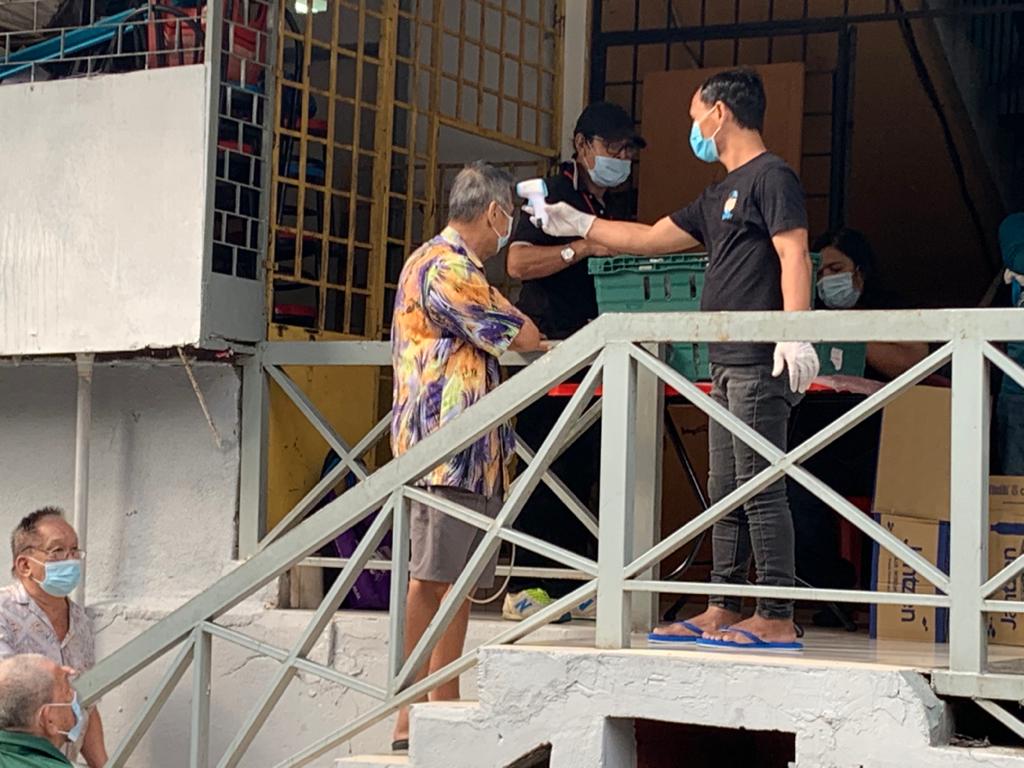
“We heard and understood the day-to-day struggles of our beneficiaries when they came reaching out to us. The Food for All project plays a vital role in providing sustenance to the less fortunate, serving as a lifeline for communities in need that would otherwise starve,” explains PKKUM programme manager Myra Hashim on what led to the birth of this initiative.
With HSG assistance also, the organisation was able to expand the types of capacity building classes it offered, which at that time, covered topics such as how to conduct an online business, business registration, marketing and accounting. The organisation’s PBKS Project 2020 saw 20 beneficiaries benefit from monthly workshops and classes on basic business knowledge and management. The aim was to expose them to and equip them with skills suited for new job opportunities.
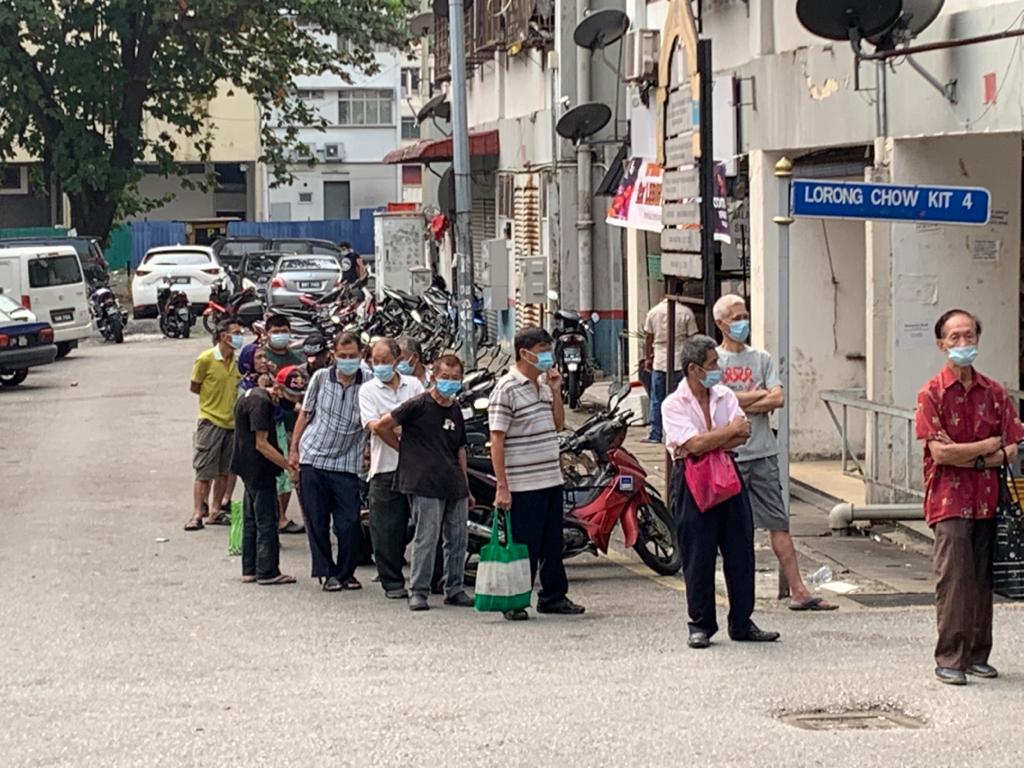
From an operations perspective, social distancing requirements have had a tremendous effect on the people-centric organisation that PKKUM is, limiting face-to-face interactions with its beneficiaries. But in time, everyday tasks were customised to comply with standard operating procedures and above all, keep everyone safe during a time when adapting is the only way forward.
One of our key learnings from 2020 was (discovering) the true social and financial impacts of the pandemic on the urban poor, jobless, B40 and other marginalised communities around Chow Kit.

One afternoon, Ayu (not her real name) and her three children walked two hours in the scorching heat to the nearest police station. With only RM20 in her pocket, the beatings she endured the night before in the hands of her husband was the final straw. Searching online led her to being referred to the Women’s Centre for Change (WCC) and a social worker stayed in touch with her via phone right up to her lodging a police report, undergoing medical check-up and approved for interstate travel so that she and her children no longer had to be at the mercy of an abusive husband and father.
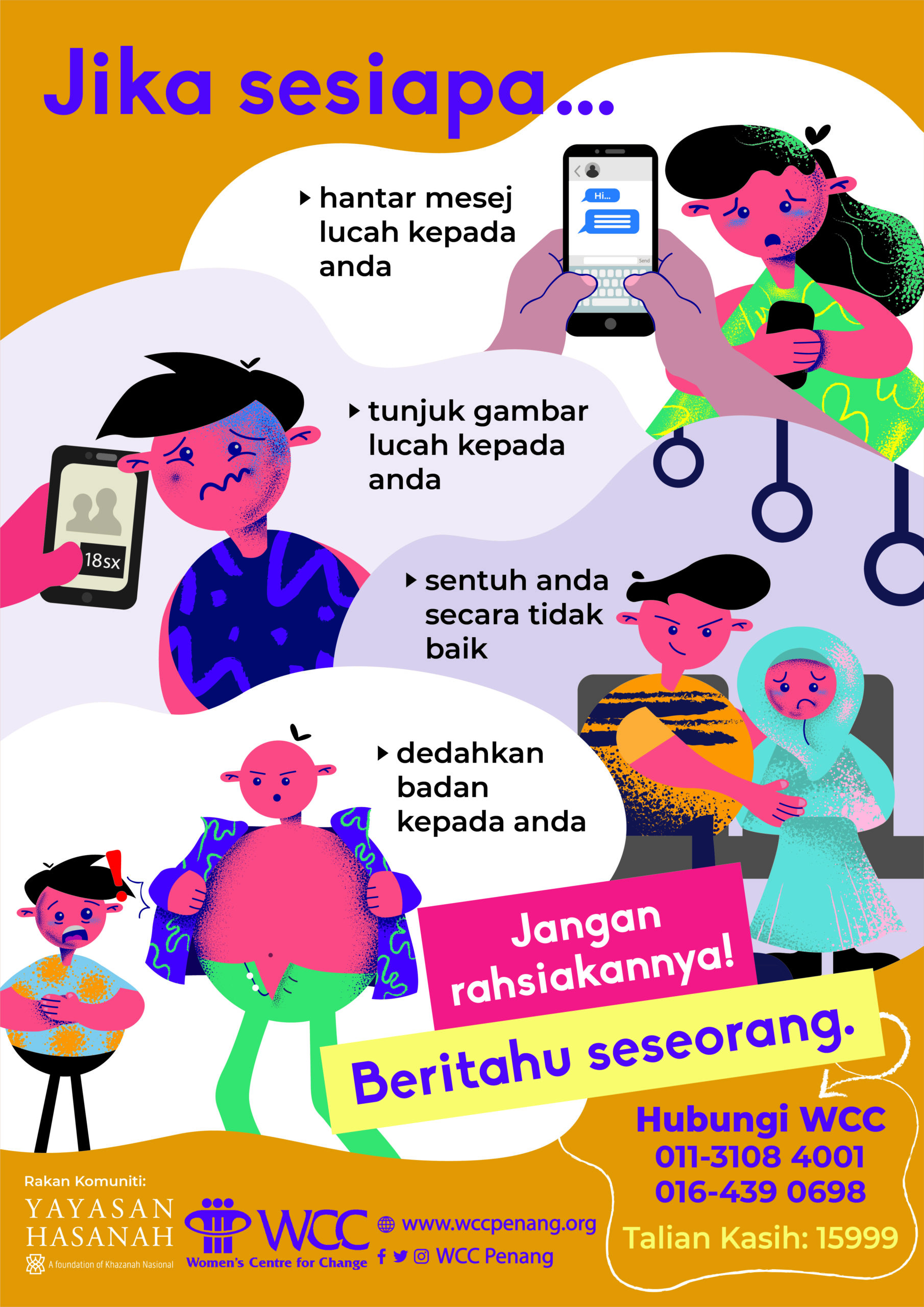
Unfortunately, this isn’t an isolated incident.
Between March and May 2020, the WCC saw a near doubling of child sexual abuse (CSA) cases. Instances of domestic violence (DV) recorded an alarming increase too, making up 80 out of the 238 new cases handled.
The World Health Organisation attributed an increased likelihood of physical, psychological and sexual abuse at home (particularly children already living in violent or dysfunctional family situations) to ‘movement restrictions, loss of income, isolation, overcrowding and high levels of stress and anxiety’.
While dealing with escalating instances of CSA and DV, social distancing meant cancelling WCC’s major 35th anniversary fundraiser and budget reviews alongside a steep learning curve of operating remotely, all at once. As an organisation dependent on public donations to sustain work, it was badly affected monetarily and HSG assistance couldn’t have come at a better time.
According to WCC Executive Director Loh Cheng Kooi, the funding was well-utilised for a wide range of efforts, namely providing critical counselling for women and children, launching two online storybooks (Lisa and her Secret and Yusri and his Secret) aimed at children and teachers, ten awareness-driven webinars and 40 e-posters in BM, English, Chinese and Tamil as well as capacitating staff in handling and advocating cases in line with the new norm that included working from home with extended hotline hours.
That said, the organisation has reinvented itself and emerged stronger. “In every crisis, lies an opportunity. HSG enabled us to transform our physical work seamlessly into the virtual world; and the results were resounding, way beyond our expectations,” says Loh summing up the key takeaway from 2020.
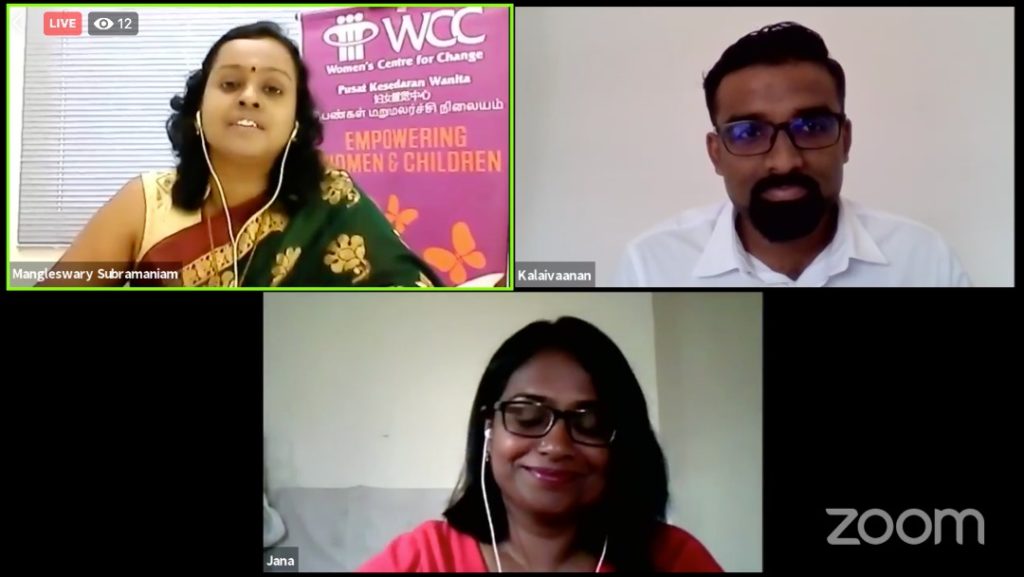
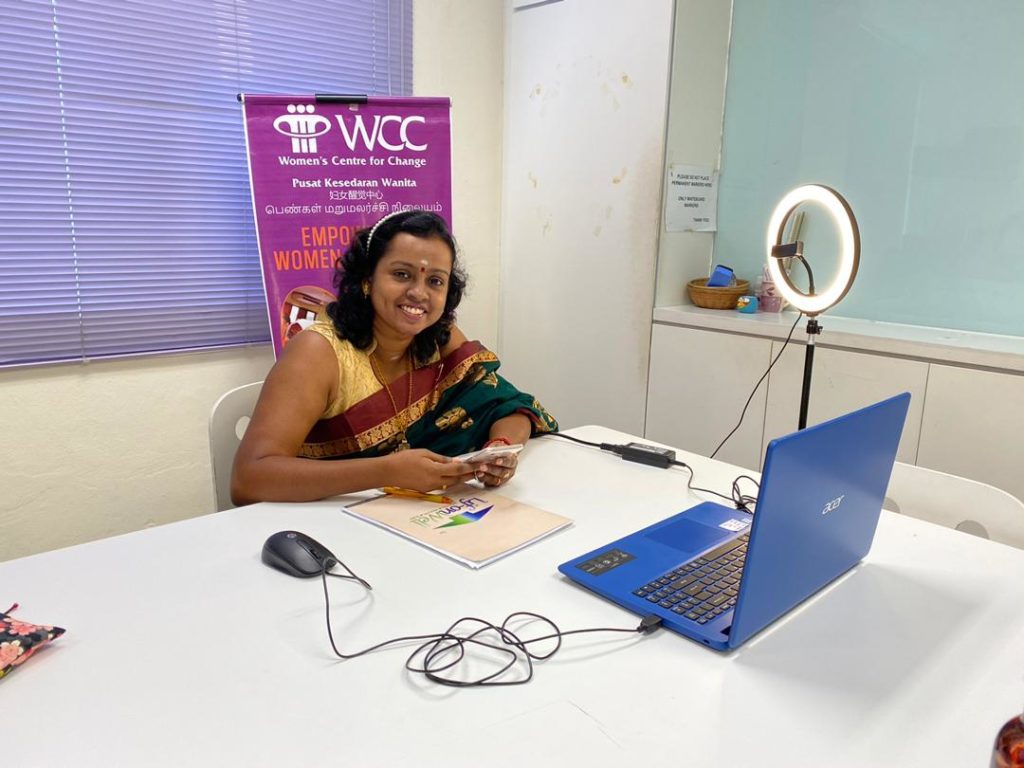
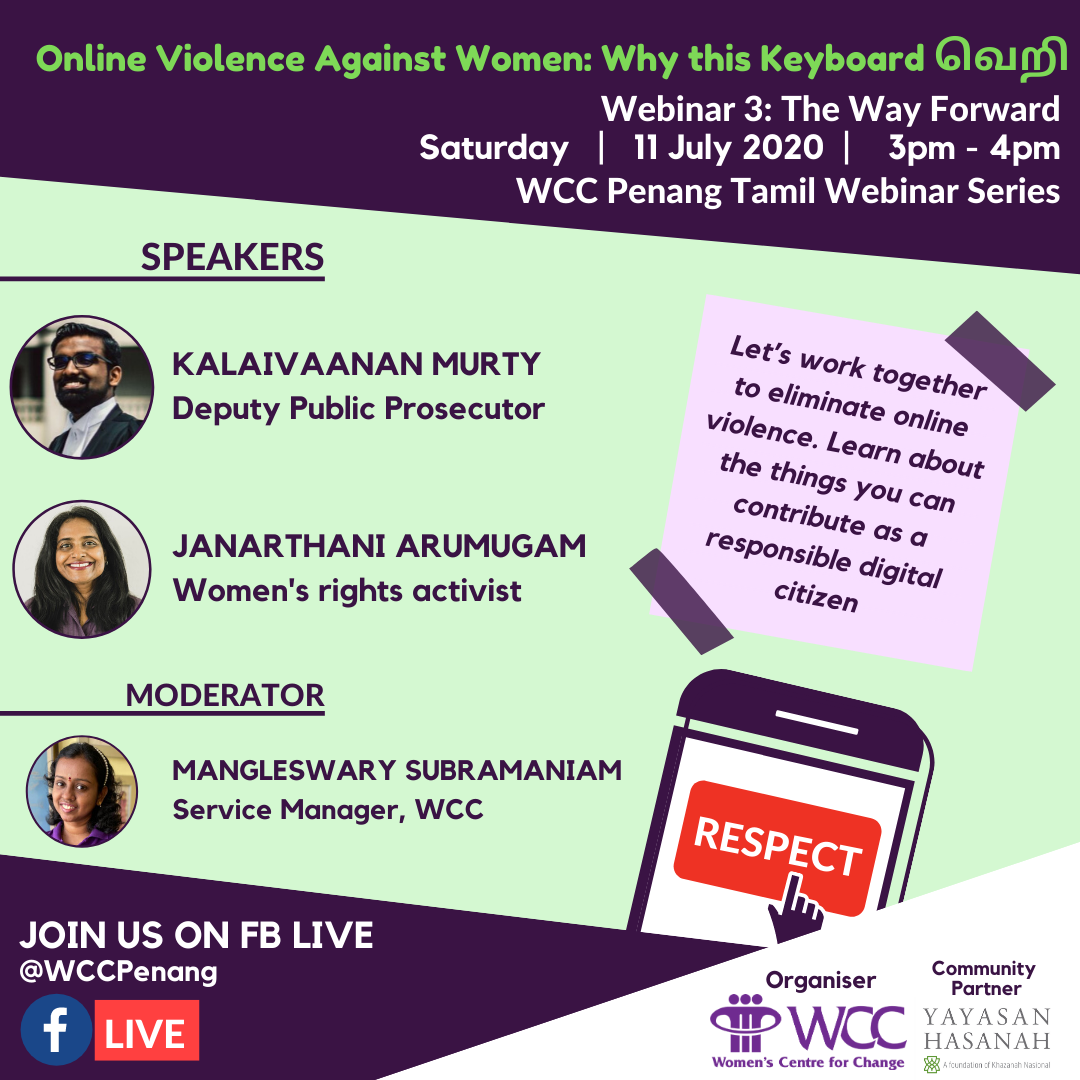
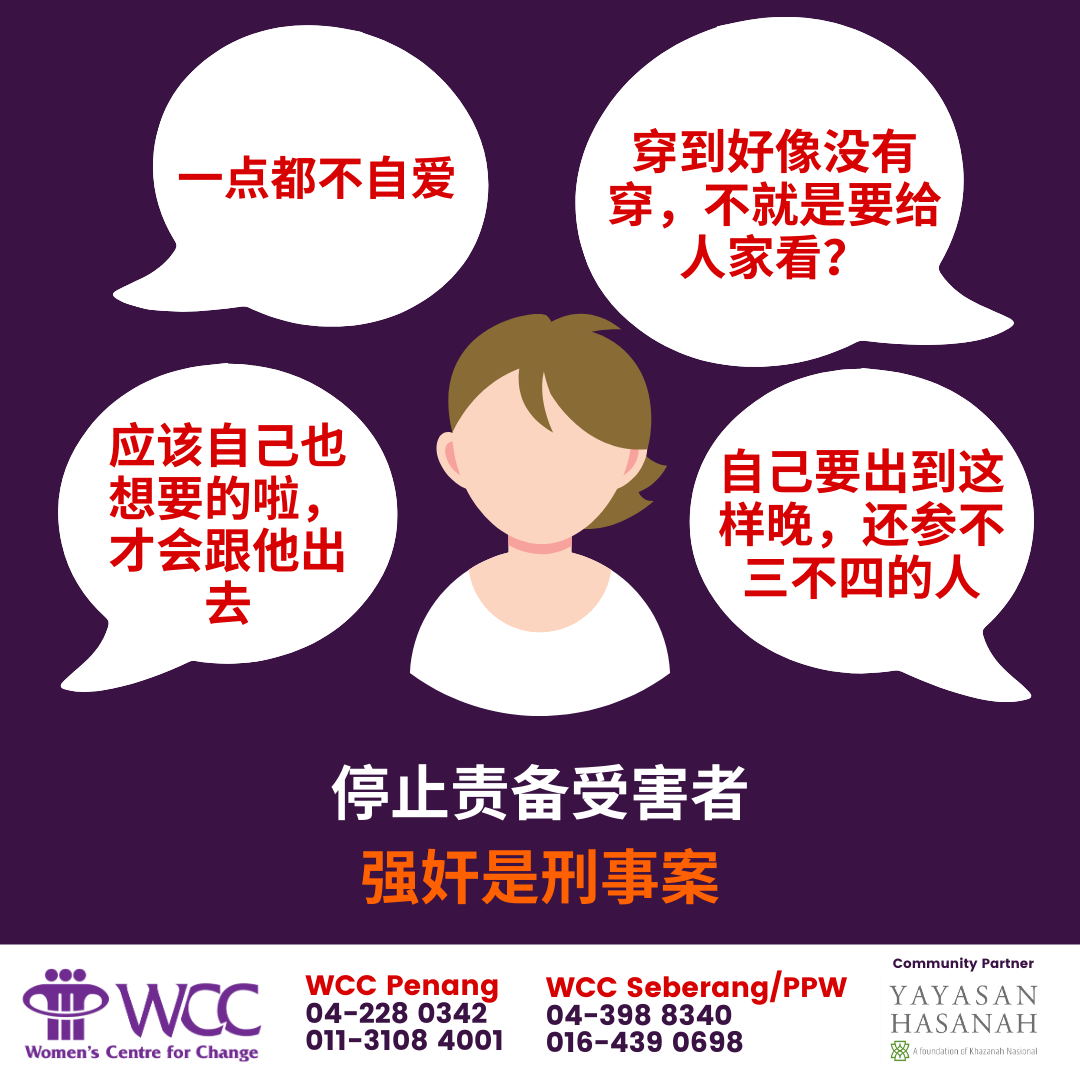

Our work is no longer limited to Northern states. Via social media platforms, WCC reached nearly one million people of various ethnicities nationwide from June to December 2020 alone. We also noted the complementary role of vernacular webinars— for example, we receive more calls from Tamil-speaking women after a Tamil session.

A huge part of the Global Environment Centre’s (GEC) conservation efforts in the Upper Kinta River Basin (UKB) involves interacting with nearby communities and during the pandemic, they noticed an urgent need for alternative livelihood options. This led to an initiative to empower targeted Orang Asal and peri-urban communities living near the 25,000 hectare UKB—a crucial part of the Central Forest Spine and the primary watershed providing potable water to Ipoh.
Movement Control Orders posed a challenge to those who would typically venture out to sell their products while others employed by nearby quarries and development projects were adversely impacted when work was put on hold. Assistance from HSG was put to good use in response to this situation.
On key takeaways for the year, the GEC cites face-to-face meeting restrictions and lengthy feedback time of government agencies as hurdles that delayed implementation during already uncertain times.
“However, we quickly adapted to the situation and continued capacity building by conducting all meetings virtually, communicating via WhatsApp and mobilising local leaders to action. As many Orang Asal lack phone and internet access, an officer from the Department of Orang Asal Development facilitated communications during the early MCO phase,”
senior programme officer Sathis Venkitasamy explains.
Having overcome all that, the results speak for themselves. 35 families or 139 people in Kampung Makmur recorded increased income from the programme, an indication of GEC’s step in the right direction.
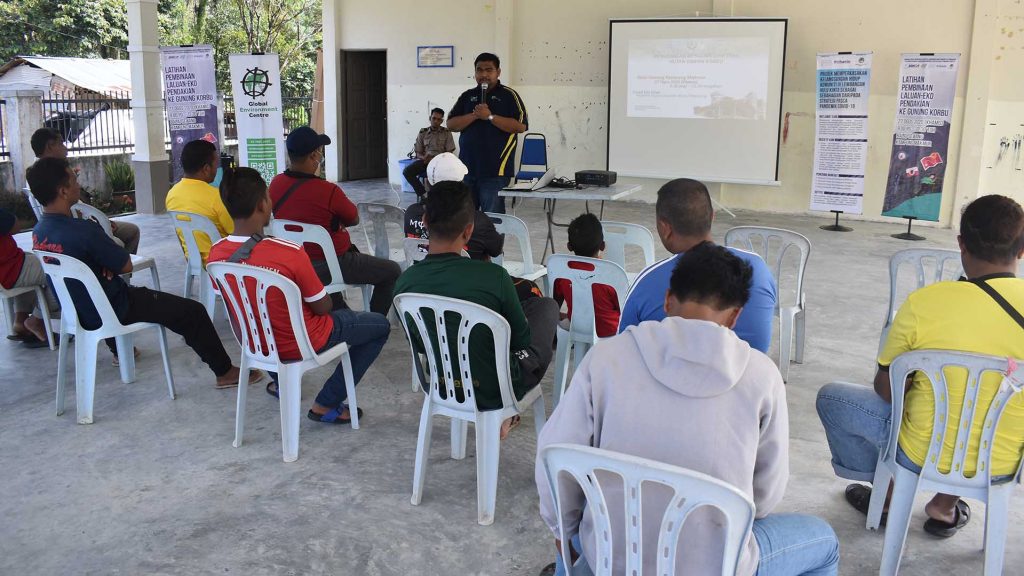
GEC felt that these identified communities would need additional support to empower it with new skills and enhance their livelihoods that were badly affected by the COVID-19 pandemic. (We find that) the nature of HSG’s post-COVID strategy to support and empower communities is in line with local needs.
By FocusM | 15/04/2020

YAYASAN Hasanah and the Ministry of Finance (MoF) today launched the Hasanah Special Grant 2020 (HSG2020) in response to the Prihatin Rakyat Economic Stimulus Package to combat COVID-19.
In a statement, Yayasan said the partnership is intended to support programmes which will improve the quality of life of the bottom 40 communities, including vulnerable communities such as refugees, orang asal, the ageing community, the homeless, and those in need throughout the country.
Yayasan is hopeful that the grant will enable rapid mobilisation of resources to civil society organisations, non-government organisations, and social enterprises to be able to extend assistance and help those in need build resiliency and recover from the pandemic.
“Projects can be implemented over a duration of three to 12 months, from May 2020 to April 2021, during and post the Movement Control Order (MCO).
“Generally, the maximum fund size for any project will be up to RM250,000,” Yayasan said.
Eligible applicants may submit their proposals and relevant documentation through the online portal at www.yayasanhasanah.org.my until Oct 15. April 15, 2020, Bernama
Source : https://focusmalaysia.my/mainstream/yayasan-hasanah-ministry-launch-hasanah-special-grant-2020/
Yahoo News | 09/06/2020

KUALA LUMPUR, June 9 — A total of 19 projects under the Hasanah Special Grant (HSG) 2020 that was part of the government’s Prihatin Economic Stimulus Package have been approved since its launch on April 15, Yayasan Hasanah disclosed today.
The approved projects, worth RM3.6 million, range from those providing basic food aid, efforts to enhance livelihoods through agricultural farming and distribution, clinical and general health services, and educational programmes all to combat the economical effects of the COVID-19 pandemic.
A statement by Yayasan Hasanah on the initiative’s ongoing efforts detailed how these projects have reached a majority of states in Malaysia, assisting mostly those within the Bottom-40 category in both rural and urban areas, including island communities and those at foothills of mountains.
It said that an estimated 7,000 direct beneficiaries comprising men, women, and children would have benefited from the approved projects, which vary in length from three to 12 months and carried out under strict monitoring to ensure smooth output to recipients.
Other types of approved projects outlined in the statement include stingless bee and abalone farming, virgin coconut oil production, projects that create avenues for mental wellness support, counselling services, skills training for special needs children and youth, and those aimed at enhancing educational competencies of school-going children.
“The intent of the HSG2020 is to enable civil society organisations, non-government organisations, and social enterprises to mobilise and extend faster assistance to targeted B40 communities including vulnerable, marginalised, underserved, Orang Asli and Orang Asal communities.
“ And persons with disabilities or people with special needs to build resiliency and recover from the Covid-19 pandemic in Malaysia,” read the statement.
It included that applications for projects under the HSG is still open until October 15, while encouraging these societal organisations to come forward and assist them in providing relevant and necessary aid to those in need.
The HSG 2020 is an initiative undertaken between Yayasan Hasanah, the corporate social responsibility partner of local sovereign wealth fund Khazanah Nasional Berhad, and the Finance Ministry as part of the RM250 billion Prihatin stimulus package.
Source : https://malaysia.news.yahoo.com/yayasan-hasanah-19-projects-worth-080952291.html
The Star | 24/03/2020

KUALA LUMPUR (Bernama): The Government-Linked Companies (GLCs) and Government-Linked Investment Companies’ (GLICs) Disaster Response Network, together with various partners, is working and coordinating these companies’ support in assisting the Health Ministry to tackle the COVID-19 pandemic.
The Disaster Response Network (GDRN) is managed by a joint secretariat led by Yayasan Hasanah, a foundation under Khazanah Nasional Bhd, and Telekom Malaysia Bhd (TM).
“The collective early contributions stand at RM40mil from several GLCs, GLICs and private sector entities to support the various humanitarian and medical-related initiatives, ” the GDRN said in a recent statement.
Of the RM40mil, RM17mil has been pledged directly to the GDRN to support the Ministry to purchase medical supplies, Personal Protective Equipment (PPE) and ventilators.
The companies pledging to GDRN are Affin Bank Bhd, CIMB Bank Bhd, Retirement Fund (Incorporated) (KWAP), Permodalan Nasional Bhd, Sime Darby Property Bhd, and Pharmaniaga Bhd.
Other companies that have made pledges include Tenaga Nasional Bhd (TNB), Telekom Malaysia, TIME dotcom Bhd, Yayasan Hasanah, Yayasan Sime Darby, and Yayasan UEM.
The GDRN said the RM17mil allocation will be primarily focused on the provisions of medical supplies which include PPE and ventilators to meet the needs of the Ministry, institutional hospitals, and the public.
The coordination and implementation of procurement, handling, warehousing and distribution will be done through Pharmaniaga, it said.
Yayasan Hasanah (YH) managing director Shahira Ahmed Bazari said such aid needed to be better coordinated to avoid duplication of efforts and redundancy of supplies.
“We hope that this platform would enable a more streamlined approach to assisting the Health Ministry and the nation during this difficult time.
“Currently YH is coordinating efforts with GLCs and GLICs under the banner of the GDRN, and welcomes the private sector to also extend their support towards this joint effort, ” said Shahira.
In addition, several GDRN members had already implemented relief support totalling approximately RM23mil, and this includes the distribution of food supplies, hygiene kits and medical equipment to hospitals, including district health clinics, universities that are still housing students on campus, and the Surveillance Centre managed by the National Disaster Management Agency (Nadma).
Several GDRN members have also mobilised volunteers.
GDRN said its commitment to support the fight against Covid-19 will continue beyond the movement control order (MCO) period as it plans to assist the vulnerable and bottom 40 per cent household income (B40) groups that have been impacted by Covid-19 in the longer term.
This is in line with GDRN’s purpose, which is to ensure a holistic response in the short, medium and long term in times of disasters.
While efforts through GDRN and by individual GLCs, GLICs, as well as the private sector will continue, it said it welcomes contributions from others.
Interested parties/ organisations who wish to contribute via GDRN and YH can contact YH Community development and humanitarian disaster relief head Anita Ahmad (6019-2782707, email: anita.ahmad@hasanah.org.my) and TM and GDRN Secretariat head, corporate responsibility and external stakeholders management head, Izad Ismail (6019-3366035, email: izad@tm.com.my).
The GDRN was created in 2013 through the Putrajaya Committee for GLC High Performance (PCG) with Khazanah Nasional serving as its secretariat.
The network was deployed between 2013 and 2016 in various relief and reconstruction work, especially during major floods in Kelantan, Pahang, and Johor.
The GDRN Secretariat is led by TM, as PCG successor entity, since 2014. – Bernama
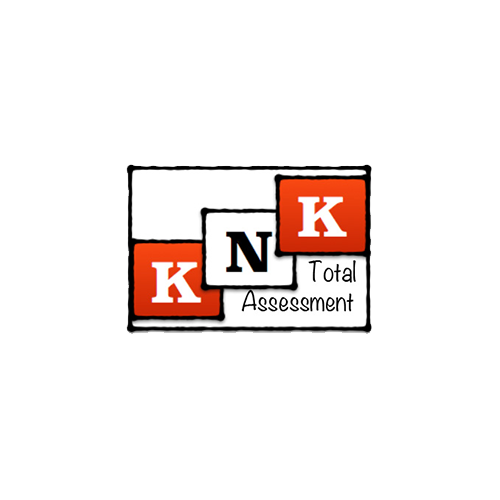
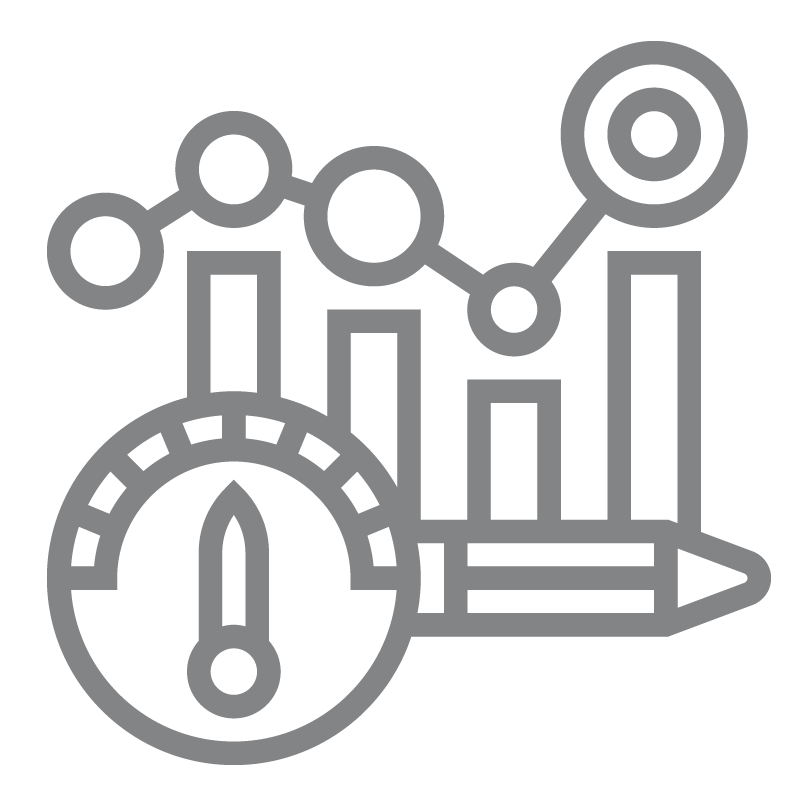
Completed field testing of indicators
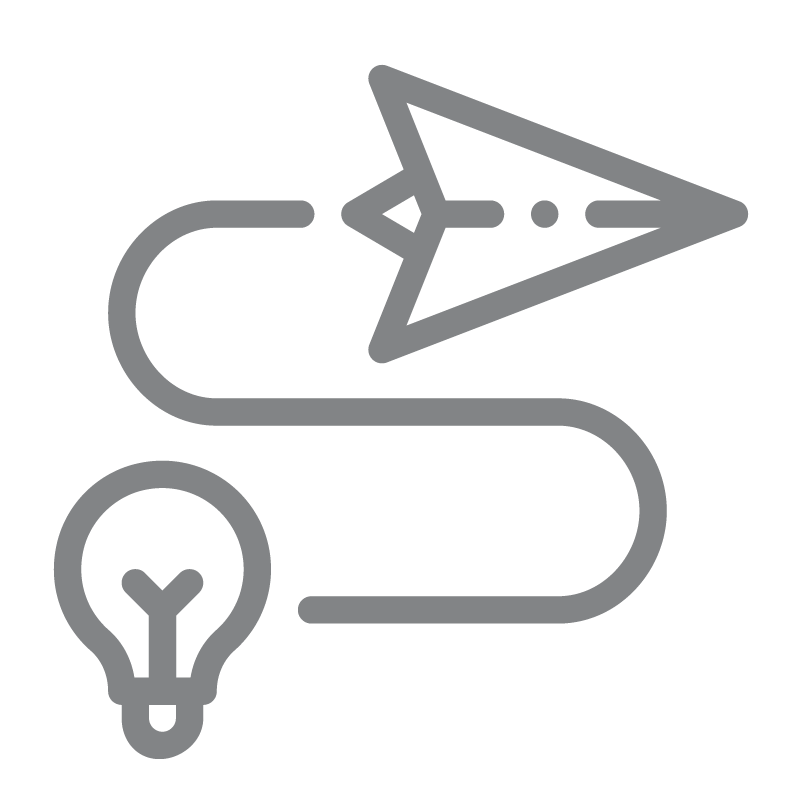
Developed communications plan
With the pilot rollout of the Alternate Assessment for Children with Learning Difficulties, (PASM – Pentaksiran Alternat Sekolah Menengah) expected in a dozen secondary schools nationwide in 2021, this year has been all about conceptualisation, design and realisation of instruments for that purpose. The partner is creating a tool to measure students’ abilities within their disabilities, an objective that traditional pen and paper examinations cannot satisfy.

Selected schools in Perlis were first introduced to embedded systems, coding, electronics, mobile apps, AI and various soft skills, after which students showcased their newly gained knowledge in innovation competitions with the ultimate goal of applying technology platforms to identify and solve real life problems in their community.